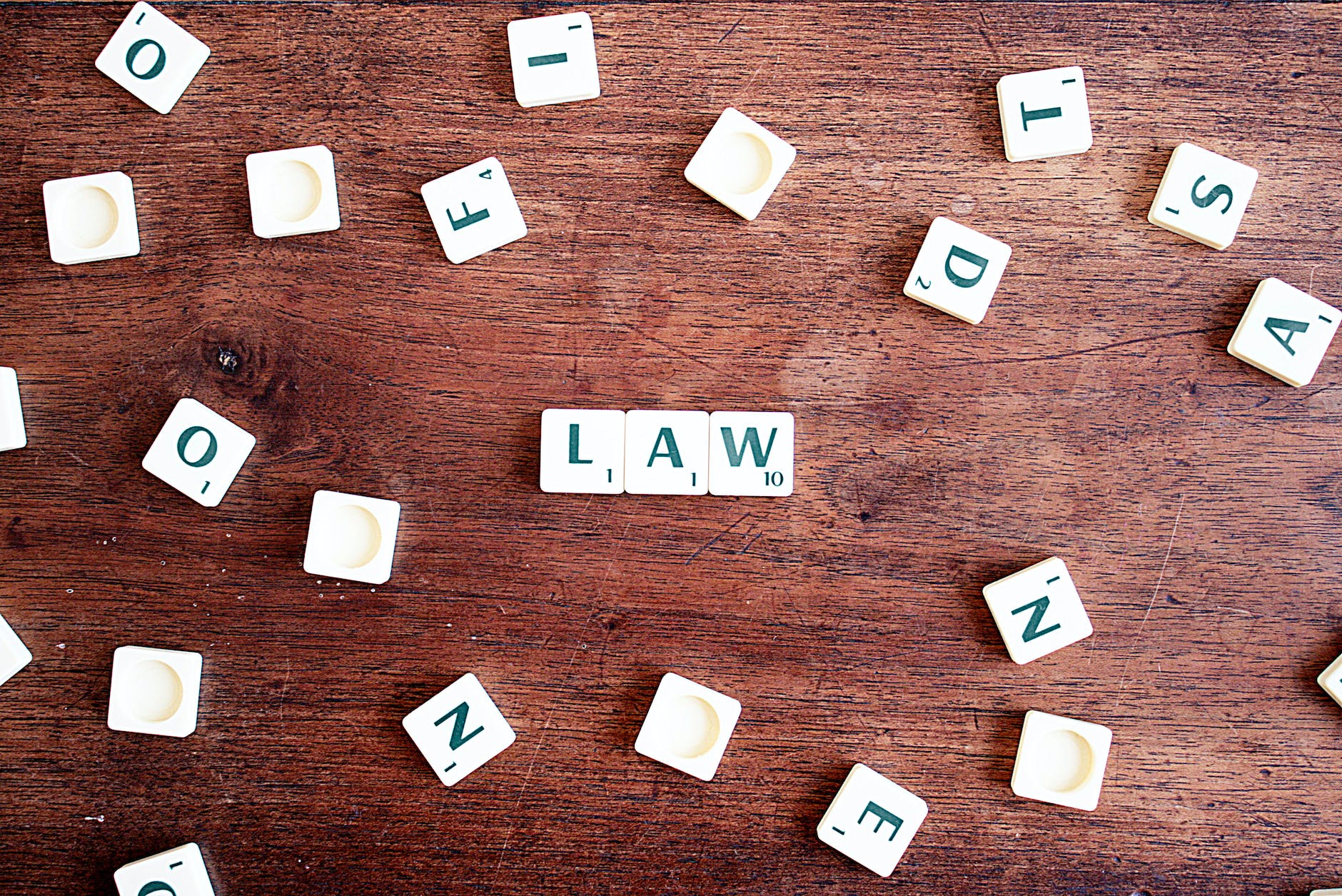Education
Hair Relaxer Lawsuits in Chicago: Know Your Rights and Take Action
Published
1 year agoon
By
admin
Law
Hair relaxers have been a popular solution for individuals looking to straighten their curly or kinky hair. However, recent studies have shown that the chemicals used in some hair relaxers can lead to serious health issues. In Chicago, there have been multiple lawsuits against hair relaxer companies for failing to warn consumers about the potential risks associated with their products. This article will discuss what you need to know about hair relaxer lawsuits in Chicago and what actions you can take to protect your rights.
Understanding Hair Relaxers
Hair relaxers are chemical products used to straighten curly or kinky hair. They work by breaking down the protein bonds in the hair shaft, which allows the hair to be reshaped into a straighter form. Hair relaxers have been around for decades and have been a popular solution for individuals looking to manage their curly or kinky hair. Depending on the hair type, they are available in various strengths and can be applied at home or in a salon.
However, it’s important to note that hair relaxers contain a variety of chemicals, including sodium hydroxide, guanidine hydroxide, and ammonium thioglycolate. These chemicals can be harmful if they come into contact with the scalp or skin. So, while hair relaxers can effectively straighten hair, they come with potential risks.
The Dangers of Hair Relaxers
Hair relaxers contain chemicals such as sodium hydroxide, guanidine hydroxide, and ammonium thioglycolate, which can cause burns, blisters, and skin damage if they come into contact with the scalp or skin. Long-term health impacts of exposure to these substances include immune system deterioration and an elevated risk of acquiring certain cancers, including Non-Hodgkin lymphoma, breast cancer, and bladder cancer. Chemical hair relaxers can also make hair weak and brittle over time, which might result in hair loss. Formaldehyde, a recognized carcinogen that can be absorbed via the skin or inhaled from vapors during the application, is another possible problem connected to chemical hair relaxers.
Tips on How to Protect Yourself
If you use hair relaxers, you can take steps to protect yourself from potential harm:
- Read product labels carefully and follow all instructions.
- Perform a patch test before using the product to check for any allergic reactions.
- Wear gloves and avoid getting the product on your skin or scalp.
- Only use in a well-ventilated area and consider wearing a face mask.
- Consider alternative hair straightening methods, such as keratin treatments or natural hair care products.
Hair Relaxer Lawsuits
In Chicago, there have been several lawsuits against hair relaxer companies for failing to warn consumers about the potential risks associated with their products. These lawsuits allege that the companies knew about the dangers but failed to disclose them on their product labels or through advertising.
One of the most significant lawsuits was filed against L’Oreal USA, the manufacturer of SoftSheen-Carson Optimum Amla Legend No-Mix, No-Lye Relaxer. The lawsuit alleges that the product caused multiple users burns, hair loss, and scalp damage. L’Oreal denies the allegations and is fighting the suit.
Know Your Rights
As a consumer, you have the right to know about the potential risks associated with your products. Companies must provide clear and accurate labeling on their products, including any warnings about possible health risks.
If you have suffered harm from using a hair relaxer, you may be able to file a lawsuit against the manufacturer or distributor of the product. You may be entitled to compensation for medical expenses, lost wages, and pain and suffering. Speaking with an experienced product liability attorney who can help you understand your legal rights and options is essential.
The hair relaxer lawsuits fall under Product Liability Law, which is an important legal concept that can help individuals who defective products have harmed.
Under Illinois law, a product liability claim can be brought against a product’s manufacturer, distributor, or seller if it is found to be defective and causes harm to the user. Three types of product defects can form the basis of a product liability claim: design defects, manufacturing defects, and failure to warn defects.
Design defects occur when a product is inherently dangerous due to a flaw in its design. Manufacturing defects occur when a product is improperly manufactured or assembled, making it dangerous to use. Failure to warn defects occur when a product lacks adequate warnings or instructions for safe use.
In order to prove a product liability claim, the plaintiff must show that the product was defective, that the defect caused their injury, and that the injury was foreseeable. It’s also important to note that Illinois has a statute of limitations for product liability claims, which means there is a limited amount of time to file a claim.
Taking Action
Hair relaxers can be dangerous if not used correctly, and several lawsuits have been filed against manufacturers due to the risks associated with their products. If you have suffered harm as a result of using a hair relaxer, it is essential to understand your legal rights and options.
If you have experienced any adverse side effects from using hair relaxers, seek medical attention immediately. Your health and well-being should always come first, and it’s crucial to document any injuries or health issues resulting from using hair relaxers.
Once you have received medical attention, contact an experienced personal injury attorney who has experience with hair relaxer lawsuits. They can help you determine if you have a case and guide you through the legal process. When working with a lawyer, Be honest and transparent about your experiences with hair relaxers. Provide them with as much information as possible about your use of hair relaxers, which products you used, and any negative side effects you experienced.
In some cases, hair relaxer lawsuits may involve a class action lawsuit, where a group of people affected by the same product joins together to seek compensation. This can be a powerful way to hold manufacturers accountable for the harm caused by their products.

Trending

 France FR3 years ago
France FR3 years agoGame of Thrones Saison 8 episode 5 streaming VOSTFR

 Education2 years ago
Education2 years agoDoes CBD work as a sleep aid? and its Disorders

 Finance4 years ago
Finance4 years agoWeTransfer Alternatives (based on Outlook and OneDrive) for big file transfers

 Credit Card4 years ago
Credit Card4 years agoKELISTO: How Can I Get Free Credit Card?

 Education2 years ago
Education2 years agoCan Cannabis Cause You to Grind Your Teeth? [Explained]

 Featured4 years ago
Featured4 years agoPERSONAL INCOME TAX. VARIATIONS IN PERSONAL INCOME TAX

 Business2 years ago
Business2 years agoUse of Technology in Education for Learning and Teaching

 Finance4 years ago
Finance4 years ago3 Best Financial Tips